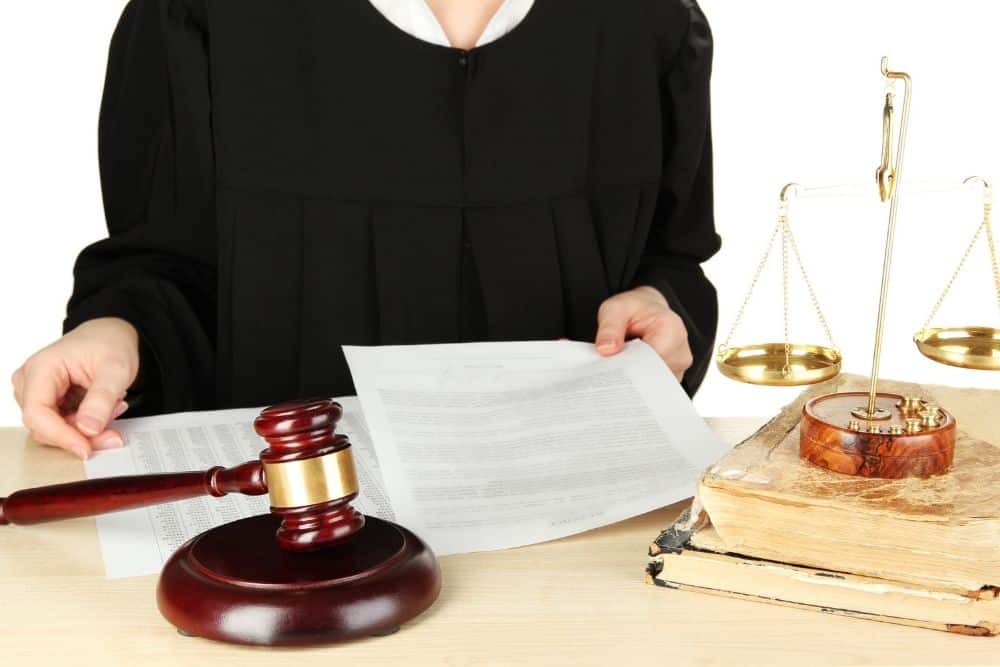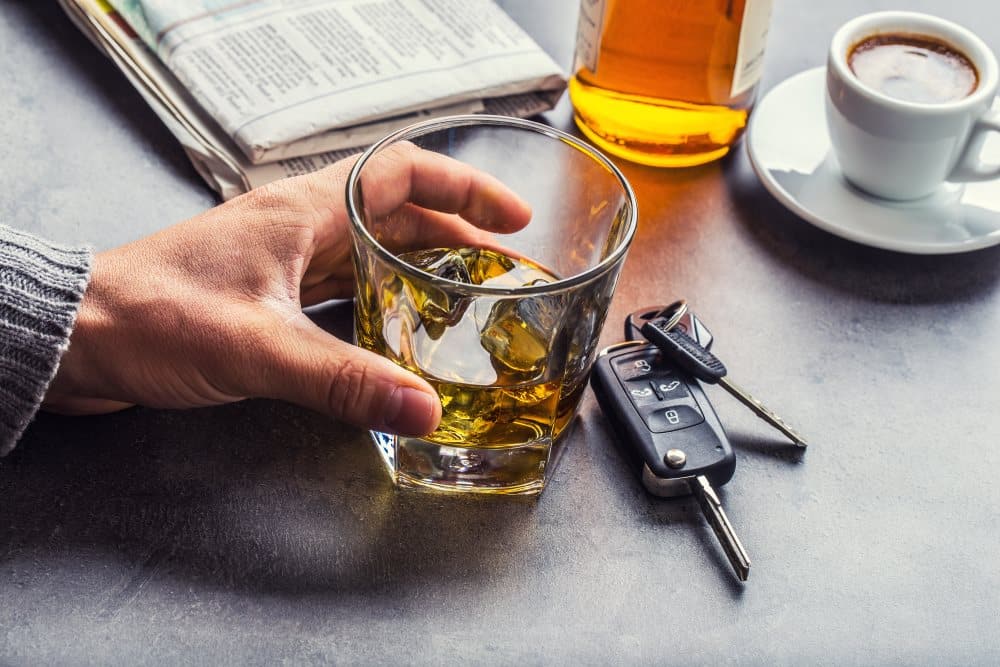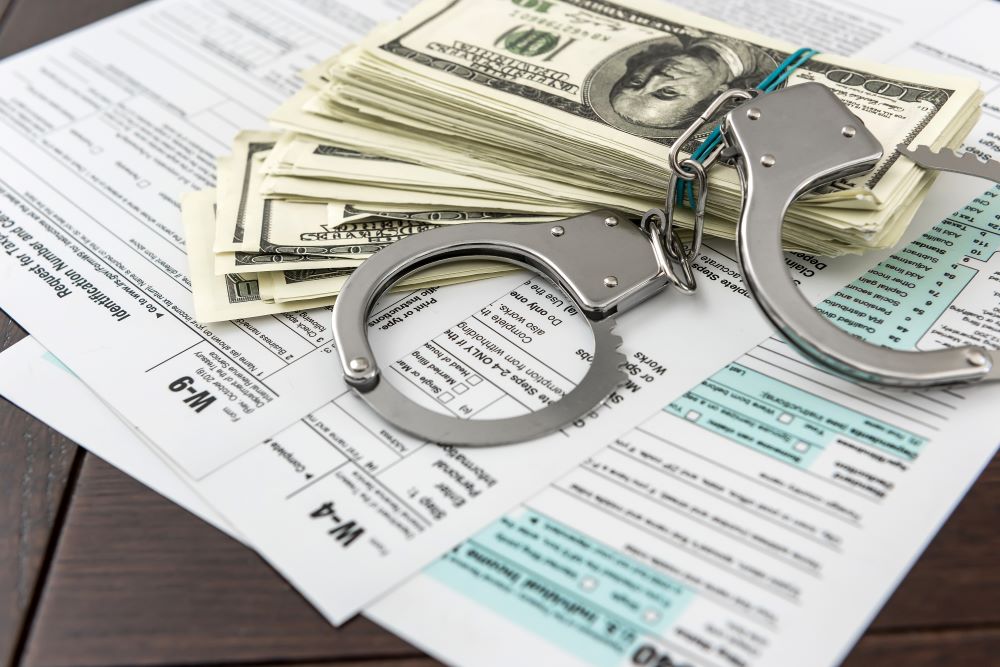- Home
- THE FIRM+
- Criminal Defense+
- CASE RESULTS
- AREAS WE SERVE+
- FAQ’s
- Blog
- Contact
AZHARI LLC BLOG
Jan. 20 2022
How To Prepare for a Driver’s License Hearing in IL

Posted By: Sami Azhari
Category:
If you’ve had your driver’s license suspended or revoked due to a DUI charge, then there is a way to get your license reinstated along with your driving privileges. You can do so with a driver’s license hearing through the Illinois Secretary of State.
These hearings are important. Being prepared for one to the best of your ability is crucial to the status of your driver’s license. These hearings are also quite complex, and there are many rules to understand along with requirements and procedures.
Aside from having an experienced attorney on your side to help you, there are a few things you can do to prepare for the hearing that will help. Here is what you need to know about driver’s license hearings in Illinois and what types of things you can do to ensure you’re prepared.
Two Types of Hearings
The Secretary of State’s office conducts two different hearings in these cases involving the revocation of a driver’s license or suspension of a driver’s license after a DUI. The two kinds are called formal hearings and informal hearings. We’ll focus on formal hearings since a majority of cases will require this type of hearing.
Formal Hearings
A formal hearing is conducted by a hearing representation who acts on behalf of the Illinois Secretary of State and a hearing officer. The person who wants to have their driving privileges or license reinstated is referred to as the petitioner.
It is up to petitioners to show that they are not a risk to the public and should have their license reinstated. They may also have to demonstrate how not having a license is an undue hardship on them.
What You Need for a Formal Hearing
Since it’s up to the petitioner to prove they are not a danger to the public, they will need to show any of the following documentation if they have it:
- A complete drug and alcohol evaluation
- Completion of a risk education program and/or treatment program that is based on the completed evaluation
- A Treatment Waiver or Treatment Needs Assessment, if it pertains to the case
What Happens at the Hearing?
A few things will happen when the hearing begins. One of the biggest events that will occur: The petitioner will introduce their documentation to the court, and the court will hear their testimony.
If you have an attorney with you, then you are questioned by your attorney. If, however, you have no attorney, then the Secretary of State’s representative will question you.
Next, the representative can cross-examine as well. If you have an attorney, they can then redirect any questions to the court. Once the testimony is over, the hearing officer will make a recommendation based on the documentation, evidence, and testimony presented.
The representative will then have the opportunity to reject, amend, or accept the findings of the hearing officer, and an order will be issued and forwarded to the petitioner.
After the Hearing
If you are granted relief as a full reinstatement of your license or a restricted driving permit, then you will receive a list of requirements that you must complete. This can include things such as:
- Proof of insurance
- Payment of any unpaid tickets
- Addressing medical issues by submitting a medical report
- Verification of employment
- Family education need
- Support group need
- Payment of any fees associated with the Secretary of State’s office
You have 90 days for all the requirements to be completed in cases involving a restricted driving permit. If your license is reinstated, then you have 12 months to complete the requirements.
If you fail to meet the deadlines of these requirements – unless provided with a formal extension – then you will lose the relief you’ve been offered, and you must start the hearing process over again.
If you are denied in full at the hearing, then you can either file a Complaint for Administration Review or file a request for a new formal hearing.
What Issues Are Considered?
When a decision is reached, it is because these factors have been taken into account:
- If the drug and alcohol evaluation supports the conclusion of the evaluator when you take into account the arrest history of the petitioner as well as any past substance abuse
- If the testimony of the petitioner is consistent with the evidence presented in the evaluation or treatment documentation
- If there is undue hardship for the petitioner seeking a full license reinstatement that justifies the reissuance of driving privileges
A driver’s license hearing can be nerve-wracking. However, with an experienced attorney on your side to help gather the needed documentation and guide you through the process, you don’t have to do it all on your own.
Contact an Experienced DUI Attorney Today
Regaining your driver’s license after a DUI suspension is a critical step towards restoring your freedom and independence. The Illinois Secretary of State’s driver’s license hearings can be complex and intimidating, but with the right legal representation, you can navigate this process with confidence.
At Azhari LLC, we specialize in DUI defense and have a deep understanding of the requirements and procedures involved in driver’s license hearings. Our experienced attorneys will work tirelessly to prepare you for your hearing, ensuring you have the best possible chance of success.
Contact us today for a consultation to discuss your case. Let us help you understand what is needed for your hearing and guide you through each step of the process. Don’t let a DUI suspension keep you off the road – trust Azhari LLC to fight for your driving privileges.
About the Author
Sami Azhari has been working as a lawyer since 2007, after receiving his Juris Doctor from the Michigan State University College of Law. He has handled numerous state and federal cases, and is known throughout the Chicago and Rolling Meadows area for providing his clients with high-quality, skilled representation. He has been recognized by Avvo (2013 and 2018), SuperLawyers (2015-2020), The National Trial Lawyers, and other notable organizations, and has spoken at a number of legal conferences.



























































